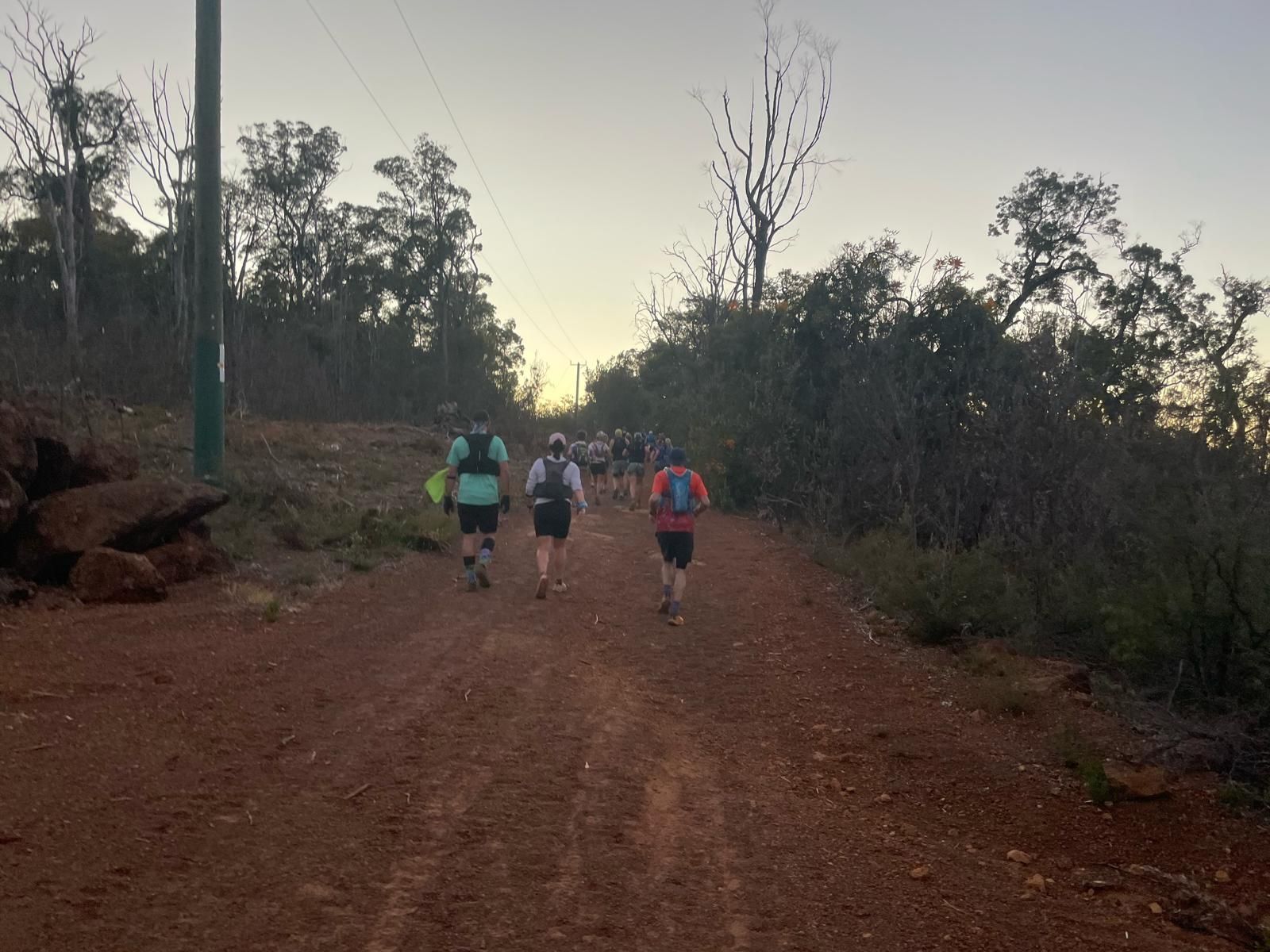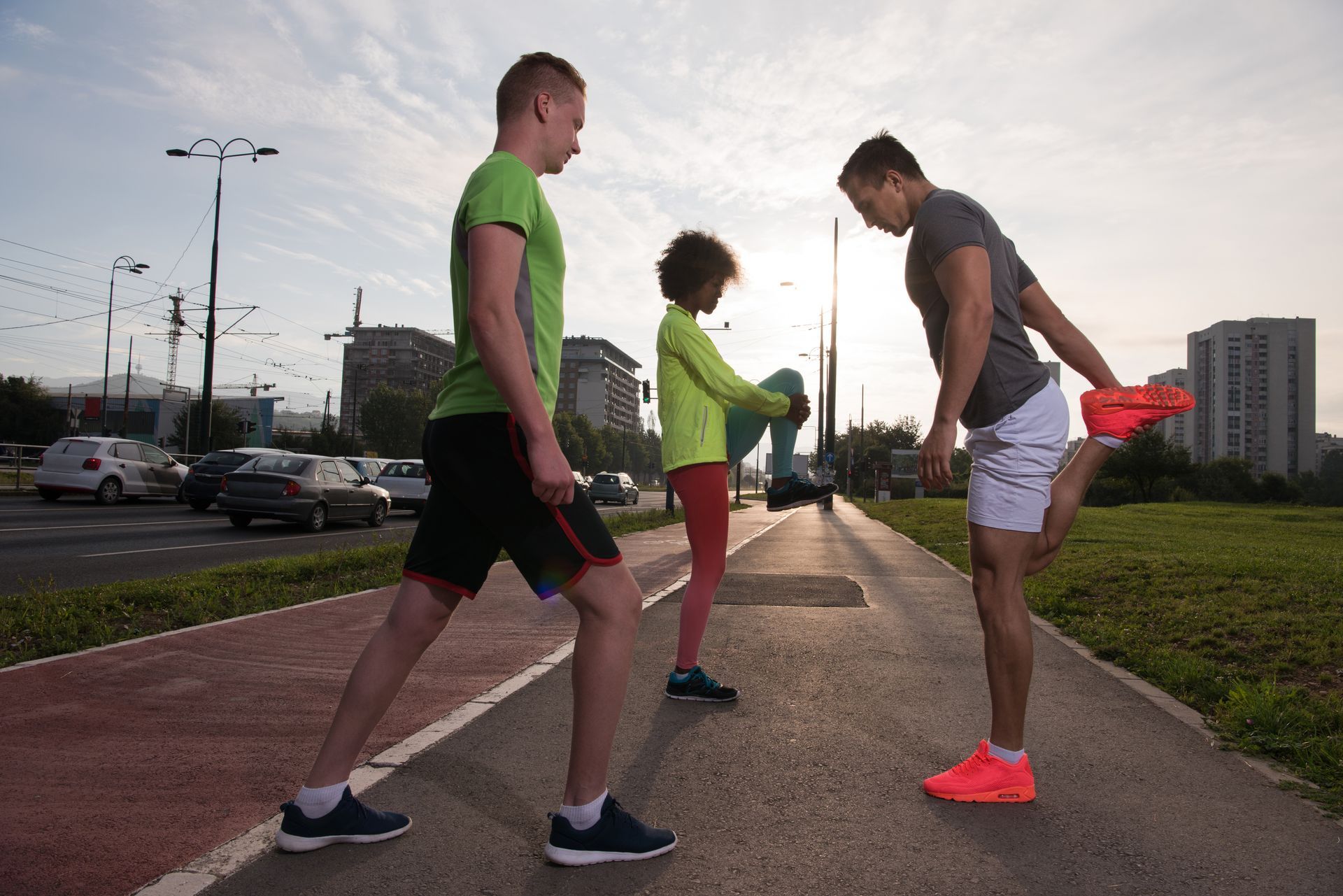
COACH’S CORNER - The Benefits of Mobility Training by Isobel Tait
There are five key areas look at when mastering how to recover from race day, and nick muxlow's here to tell you what they are.

As an ultra running coach, I have witnessed firsthand the transformative impact that mobility training can have on a runner's performance and overall well-being. While athletes rightly focus on building endurance and strength through their training plans, incorporating mobility exercises into your routine will provide a wide range of benefits that can enhance your running experience and help you reach your full potential. Let's dive into the benefits.
Improved Range of Motion
One of the key benefits of mobility training for ultra runners is an increased range of motion in the joints and muscles. By incorporating dynamic stretches, foam rolling, and mobility drills into your pre-run warm-up or post-run cool down, you can help improve your flexibility and reduce the risk of injury by ensuring that your body is properly prepared for the demands of long-distance running. If you don't have enough mobility at a specific joint, this will force excessive movement in another joint, leading to injury.
Enhanced Running Efficiency
Mobility training can also help improve running efficiency by correcting imbalances and asymmetries in your movement patterns. By targeting specific areas of tightness or weakness through mobility exercises, you can optimise your biomechanics and reduce the risk of overuse injuries that can arise from poor form or muscle imbalances.
Injury Prevention
Ultra running puts a significant amount of stress on the body, increasing the risk of overuse injuries such as IT band syndrome, plantar fasciitis, and shin splints. By incorporating mobility exercises that target key areas of tightness or weakness within your body, you can help prevent these common running injuries and maintain your physical health throughout your training cycle.
Faster Recovery
Mobility training can also help speed up the recovery process after long training runs or races by promoting blood flow, reducing muscle soreness, and improving joint mobility. By incorporating foam rolling, stretching, and mobility drills into your post-run recovery routine, you can help alleviate stiffness and tightness in your muscles and promote faster healing and recovery.
Overall Well-Being
Beyond the physical benefits, mobility training can also have a positive impact on your mental well-being by promoting relaxation, stress relief, and mindfulness. By taking the time to focus on your body and movement patterns through mobility exercises, you can enhance your body awareness, improve your posture, and cultivate a greater sense of balance and harmony in your running practice.
Incorporating mobility training into your ultra running plan can provide a wide range of benefits that will enhance your performance, prevent injuries, and promote overall well-being. Many coaches, such as myself, offer mobility plans for athletes, or you can simply google 'mobility exercises for runner' if you are looking for inspiration. By prioritising mobility exercises as an essential component of your training routine, you can optimise your running experience, improve your running efficiency, and unlock your full potential as an ultra runner.









